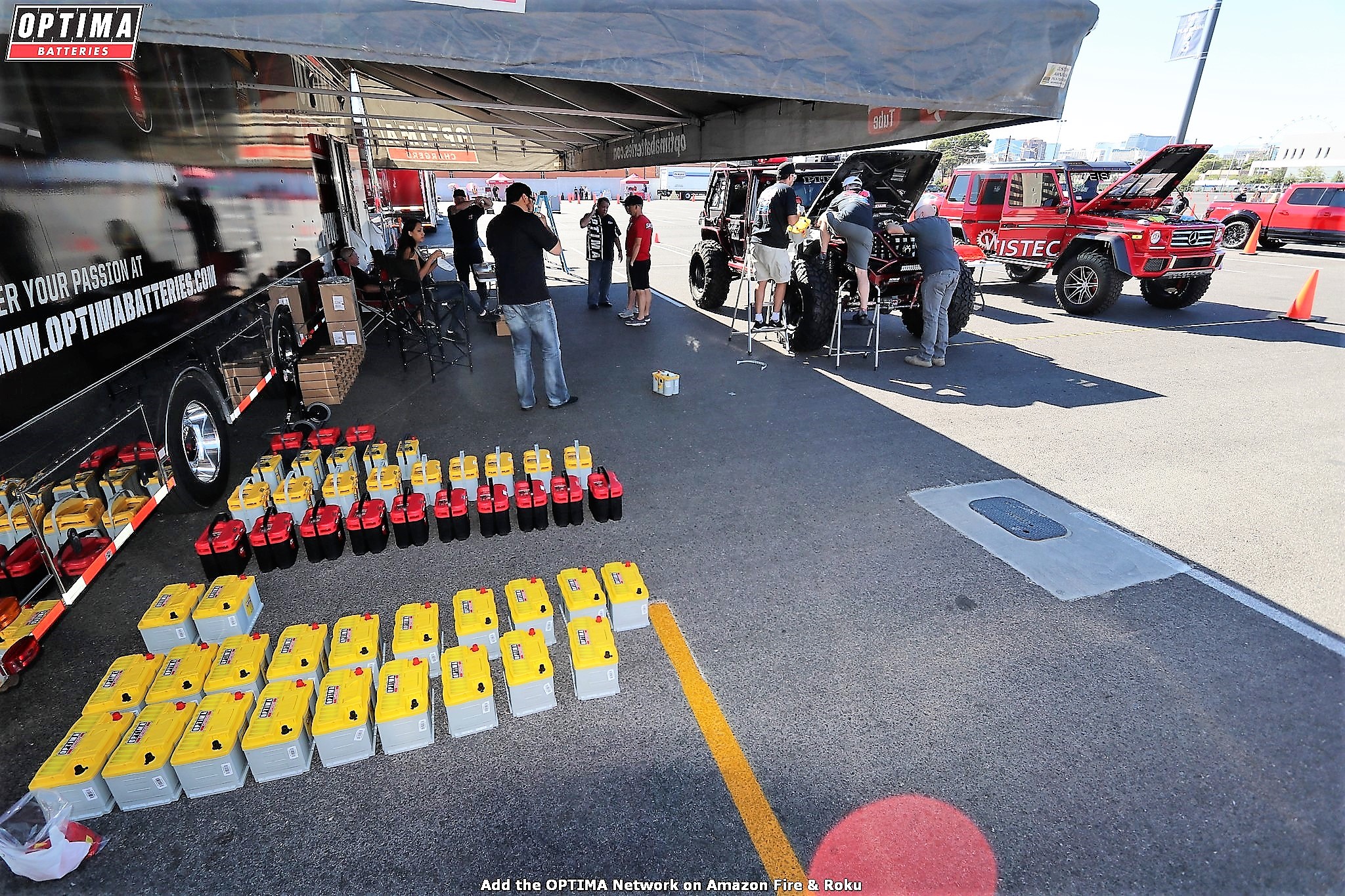Can a Car Battery Go Dead From Sitting?

Tips & Support
- Sponsor
- OPTIMA Chargers
- Location
- Paradise, Nevada


Car batteries are consumable items with finite lifespans. From the day they roll off the assembly line, they start moving closer to the day they will die and need to be recycled. There's just no getting around that fact, so if someone asks if a car battery can go dead just from sitting, the answer is a definitive "yes."
The reason this happens is because all car batteries self-discharge over time. The rate of self-discharge can vary, based on a variety of factors, including the battery age, type and the environment in which it is being kept. This isn't a process that typically happens overnight or even over the course of a few days or weeks. If a car battery is brand-new, fully-charged and in a temperature-controlled environment, it could take several months or more, before the car battery becomes completely discharged.
However, if a car battery is installed in a vehicle, the rate of discharge can happen even faster. This is because most vehicles on the road today have what is known as a "parasitic draw," which is an amount of energy that the vehicle draws from the car battery, when the vehicle isn't running. As with the conditions for batteries to self-discharge, the impact of these parasitic draws can vary considerably, based on the type of vehicle and the draws that are consuming energy.
Some of the most-common parasitic draws found in modern vehicles include car alarms, satellite-based communication systems and memory presets for radios, seats, etc... Parasitic draws have become so common and unavoidable, that many cars are equipped with solar chargers, as they are shipped across oceans, going from factories to dealerships.
So what can you do to prevent your car battery from going dead while sitting? The best option for any car battery that will be sitting for an extended period of time is to keep it connected to a quality battery maintenance device, that will keep the car battery voltage properly-maintained while it sits. If that isn't an option, we would recommend fully-charging the car battery to at least 12.6 volts and completely disconnecting it from a vehicle or anything else that might draw current while it is in storage. When you bring that battery back out of storage, fully-charge it with a battery charger as soon as you can.
The reason this happens is because all car batteries self-discharge over time. The rate of self-discharge can vary, based on a variety of factors, including the battery age, type and the environment in which it is being kept. This isn't a process that typically happens overnight or even over the course of a few days or weeks. If a car battery is brand-new, fully-charged and in a temperature-controlled environment, it could take several months or more, before the car battery becomes completely discharged.
However, if a car battery is installed in a vehicle, the rate of discharge can happen even faster. This is because most vehicles on the road today have what is known as a "parasitic draw," which is an amount of energy that the vehicle draws from the car battery, when the vehicle isn't running. As with the conditions for batteries to self-discharge, the impact of these parasitic draws can vary considerably, based on the type of vehicle and the draws that are consuming energy.
Some of the most-common parasitic draws found in modern vehicles include car alarms, satellite-based communication systems and memory presets for radios, seats, etc... Parasitic draws have become so common and unavoidable, that many cars are equipped with solar chargers, as they are shipped across oceans, going from factories to dealerships.
So what can you do to prevent your car battery from going dead while sitting? The best option for any car battery that will be sitting for an extended period of time is to keep it connected to a quality battery maintenance device, that will keep the car battery voltage properly-maintained while it sits. If that isn't an option, we would recommend fully-charging the car battery to at least 12.6 volts and completely disconnecting it from a vehicle or anything else that might draw current while it is in storage. When you bring that battery back out of storage, fully-charge it with a battery charger as soon as you can.
